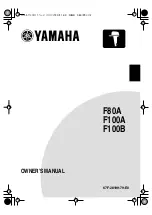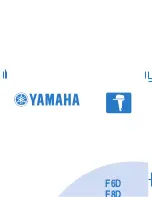
64
3
BIOS Setup
3.1.2.10 Boot Up NumLock Status
This allows you to determine the default state of the numeric
keypad. By default, the system boots up with NumLock on wherein
the function of the numeric keypad is the number keys. When set to
Off, the function of the numeric keypad is the arrow keys.
3.1.2.11 Gate A20 Option
This field allows you to select how gate A20 is handled. Gate A20 is
a device used to address memory above 1 Mbyte. Initially, gate A20
was handled via the keyboard controller. Today, while keyboards still
provide this suppor t, it is more common, and much faster, for the
system chipset to provide support for gate A20. A20 refers to the
first 64KB of extended memory.
Fast
The chipset controls Gate A20.
Normal
A pin in the keyboard controller controls Gate A20.
3.1.2.12 Typematic Rate Setting
Disabled
Continually holding down a key on your keyboard will
cause the BIOS to report that the key is down.
Enabled
The BIOS will not only report that the key is down,
but will first wait for a moment, and, if the key is still
down, it will begin to report that the key has been
depressed repeatedly. For example, you would use such
a feature to accelerate cursor movements with the
arrow keys. You can then select the typematic rate and
typematic delay in the “Typematic Rate (Chars/Sec)”
and “Typematic Delay (Msec)” fields below.
3.1.2.13 Typematic Rate (Chars/Sec)
This field allows you to select the rate at which the keys are
accelerated.
3.1.2.14 Typematic Delay (Msec)
This field allows you to select the delay between when the key was
first depressed and when the acceleration begins.
















































